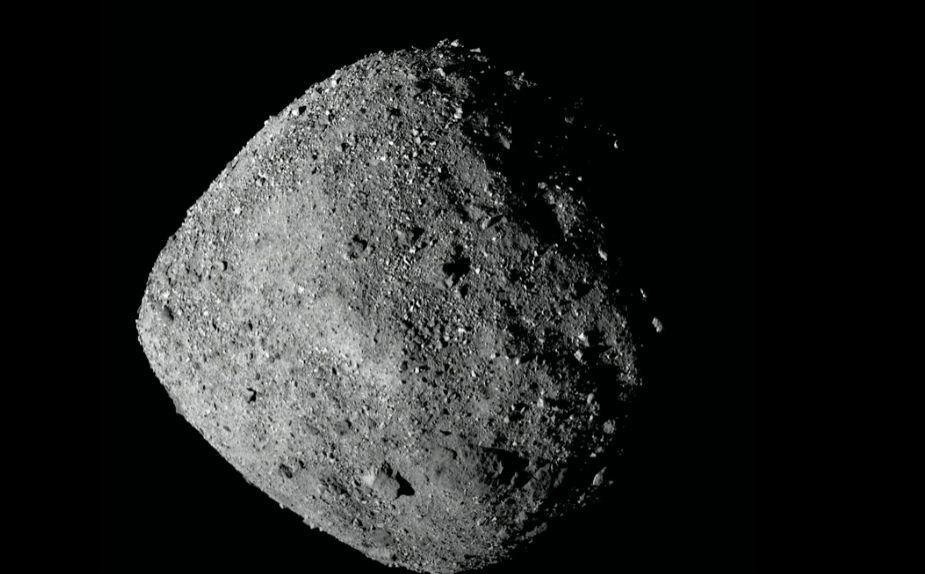A few days after landing on the surface of asteroid Bennu, NASA shared a video in which it takes us on a detailed “excursion” along the surface of this space rock that could shed light on the origin of our solar system.
Images of the asteroid surface have been recorded with the help of two crucial instruments of the OSIRIS-REx space probe. The first is the OLA laser altimeter, developed by the Canadian Space Agency (CSA), responsible for providing detailed maps of possible landing sites, as well as information about the size of the rocks on the surface of the asteroid. The second is PolyCam, a telescopic camera that records high-resolution images of Bennu.
Scientists believe this asteroid could contain evidence of the latter stages of the origin of life, which is why NASA launched the OSIRIS-REx probe in 2016 to explore the asteroid closely.
Want to know asteroid Bennu better? Take a tour of this small world I've been hanging out with. #ToBennuAndBack pic.twitter.com/1bOipvGmf9
— NASA's OSIRIS-REx (@OSIRISREx) October 12, 2020
After orbiting Bennu for nearly two years, the probe will eventually land on its surface on October 20. This will be NASA’s first mission to collect samples from an asteroid and return to Earth for further study.
Bennu is known to contain organic molecules composed of carbon, essential elements for life as we know it on our planet. The asteroid also contains altered minerals in the presence of water. Scientists believe that the organic molecules on our planet originate, at least partially, from asteroids. So there’s a good chance that the substances needed for life on Earth have come to our planet through asteroids like Bennu.
Interest in the celestial body is also due to the fact that it represents a possible security risk to our planet. Possible alterations in its orbit could cause it to crash into Earth in the late 2100s. There is about a one in 2,700 chance that this will happen, further reinforcing the importance of the detailed study of the asteroid.
